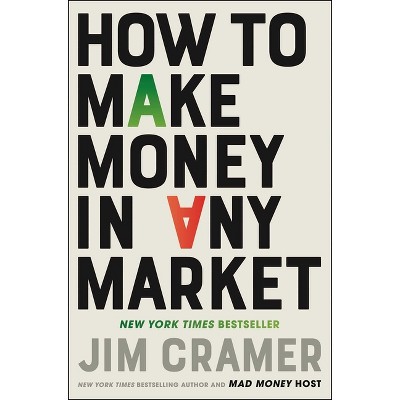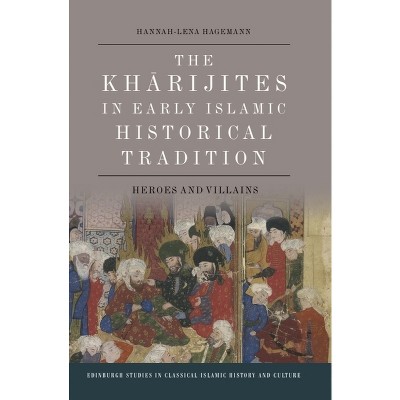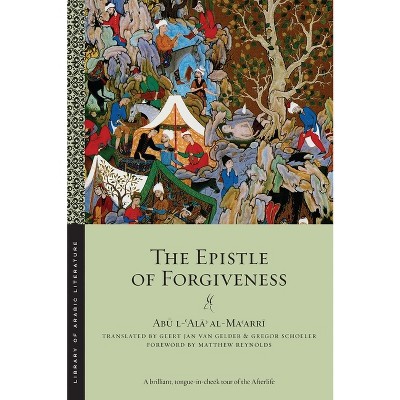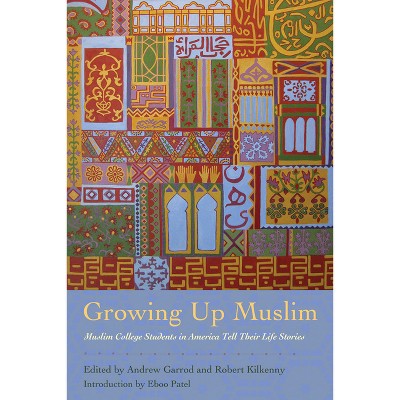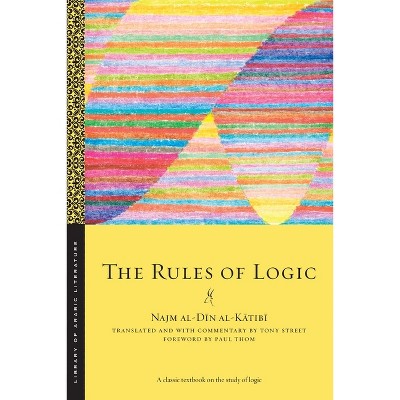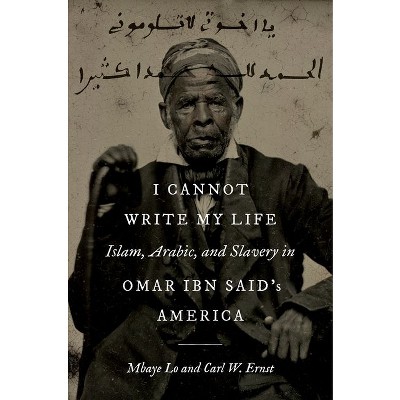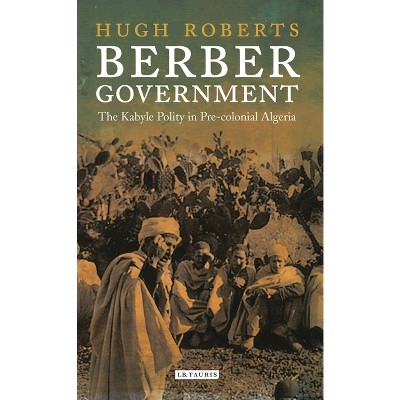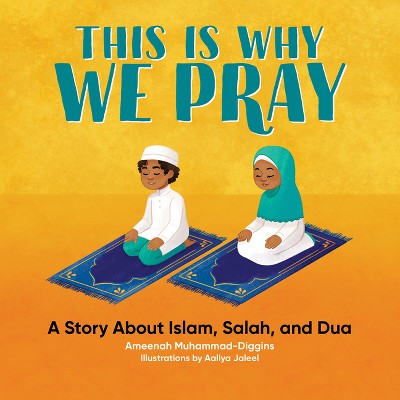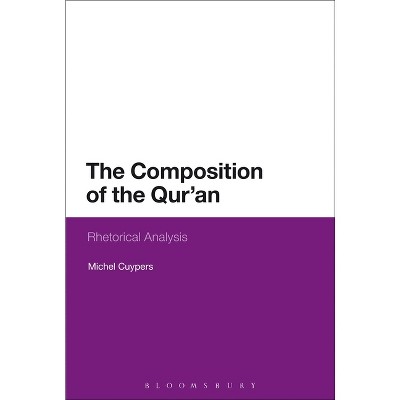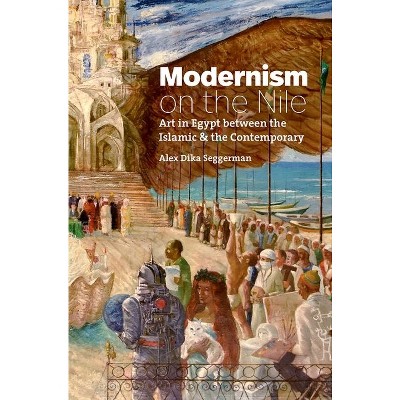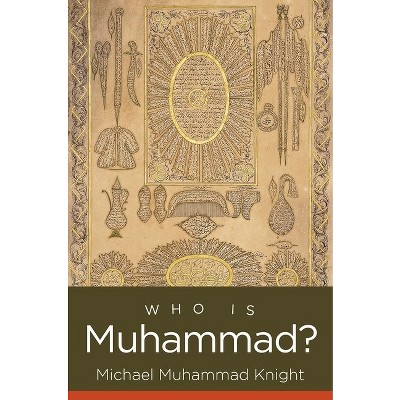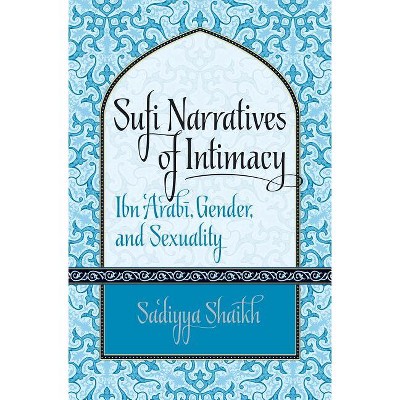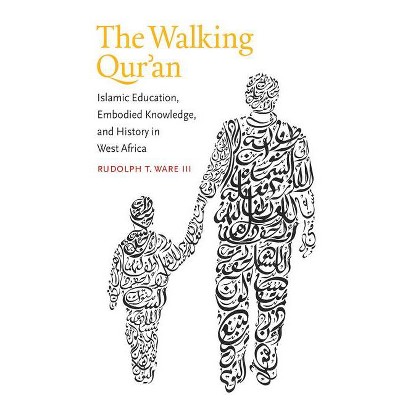Sponsored

I Cannot Write My Life - (Islamic Civilization and Muslim Networks) by Mbaye Lo & Carl W Ernst
In Stock
Sponsored
About this item
Highlights
- Omar ibn Said (1770-1863) was a Muslim scholar from West Africa who spent more than fifty years enslaved in the North Carolina household of James Owen, brother of Governor John Owen.
- About the Author: Mbaye Lo is associate professor of the practice of Asian and Middle Eastern studies and international comparative studies at Duke University.
- 232 Pages
- Social Science, Islamic Studies
- Series Name: Islamic Civilization and Muslim Networks
Description
About the Book
"This work centers on the life and writing of Omar Ibn Said, born in 1770 in a border region between Senegal and Mauritania that played a significant role in Islamic nations. Omar studied for 25 years at an Islamic seminary and was poised to become a leader in the faith, but after being captured by an invading army, he fell into the hands of transatlantic slave traders. He was sold to a plantation owner near Charleston, South Carolina, in 1808. What we know of Omar's life comes largely from a series of brief autobiographical writings and transcriptions, comprising the only known narrative written in Arabic by an enslaved person in North America. In this book, Mbaye Lo and Carl Ernst weave fresh and accurate translations of Omar's writing together with context and interpretation to provide the fullest possible account of this West African Islamic scholar's life and significance"--Book Synopsis
Omar ibn Said (1770-1863) was a Muslim scholar from West Africa who spent more than fifty years enslaved in the North Carolina household of James Owen, brother of Governor John Owen. In 1831 Omar composed a brief autobiography, the only known narrative written in Arabic by an enslaved person in North America, and he became famous for his Arabic writings. His enslavers also provided him with an Arabic Bible and claimed Omar as a convert to Christianity, prompting wonder and speculation among amateur scholars of Islam, white slave owners, and missionaries. But these self-proclaimed experts were unable or unwilling to understand Omar's writings, and his voice was suppressed for two centuries.
Mbaye Lo and Carl W. Ernst here weave fresh and accurate translations of Omar's eighteen surviving writings, for the first time identifying his quotations from Islamic theological texts, correcting many distortions, and providing the fullest possible account of his life and significance. Placing Omar at the center of a broader network of the era's literary and religious thought, Lo and Ernst restore Omar's voice, his sophisticated engagement with Islamic and Christian theologies, his Arabic skills, and his extraordinary efforts to express himself and exert agency despite his enslavement.
Review Quotes
"I Cannot Write My Life is the most detailed and disciplined study of one of the most important figures of antebellum American and Muslim history. It is a must read for students of Islam in America and should be of interest to anyone engaged in Black transatlantic studies."--Kambiz GhaneaBassiri, author of A History of Islam in America
"I Cannot Write My Life provides an essential corrective to nearly two centuries of conjecture and fabrication about Omar ibn Said and his writings. . . . Lo and Ernst have done essential work, and all historians who intend to reference in any way Omar's life and writings must read I Cannot Write My Life first lest they perpetuate the silencing of Omar's remarkable voice."--Journal of Southern History
"I Cannot Write My Life stands as a valuable contribution to the exploration of the institution of slavery and the often unheard voices of those held captive. Scholars specializing in Arabic studies, historians with an interest in the transatlantic slave trade and slavery itself, and students across various historical disciplines can glean insights from the work of Lo and Ernst."--H-Nationalism
"A crucial source for studying Islam in both West Africa and the United States, as well as for history, American studies, and Africana studies."--Reading Religion
"A puissant intervention in our understanding of American slave narratives, the history of Arabic writing in the United States, and the formation of a uniquely American discourse on Islam. . . . I Cannot Write My Life vivifies a literary history that is only now coming into focus."--American Literary History
"Drawing on scrupulous close readings of Said's work, Lo and Ernst make a worthy contribution to the scholarship on slavery in America and testify to the importance of evidence left behind by enslaved people themselves. This edifies."--Publishers Weekly
"Lo and Ernst have excelled in providing a critical reading, shrewd analysis of narratives, and rectifying the epistemic violence towards the subaltern. . . . [A] colossal work."--Sociology of Islam
"The book should garner a wide audience among scholars of the antebellum South, African and Islamic diasporas, and the Atlantic World."--Journal of African American History
About the Author
Mbaye Lo is associate professor of the practice of Asian and Middle Eastern studies and international comparative studies at Duke University. Carl W. Ernst is William R. Kenan Jr. Distinguished Professor Emeritus at the University of North Carolina at Chapel Hill.Shipping details
Return details
Guests also viewed
